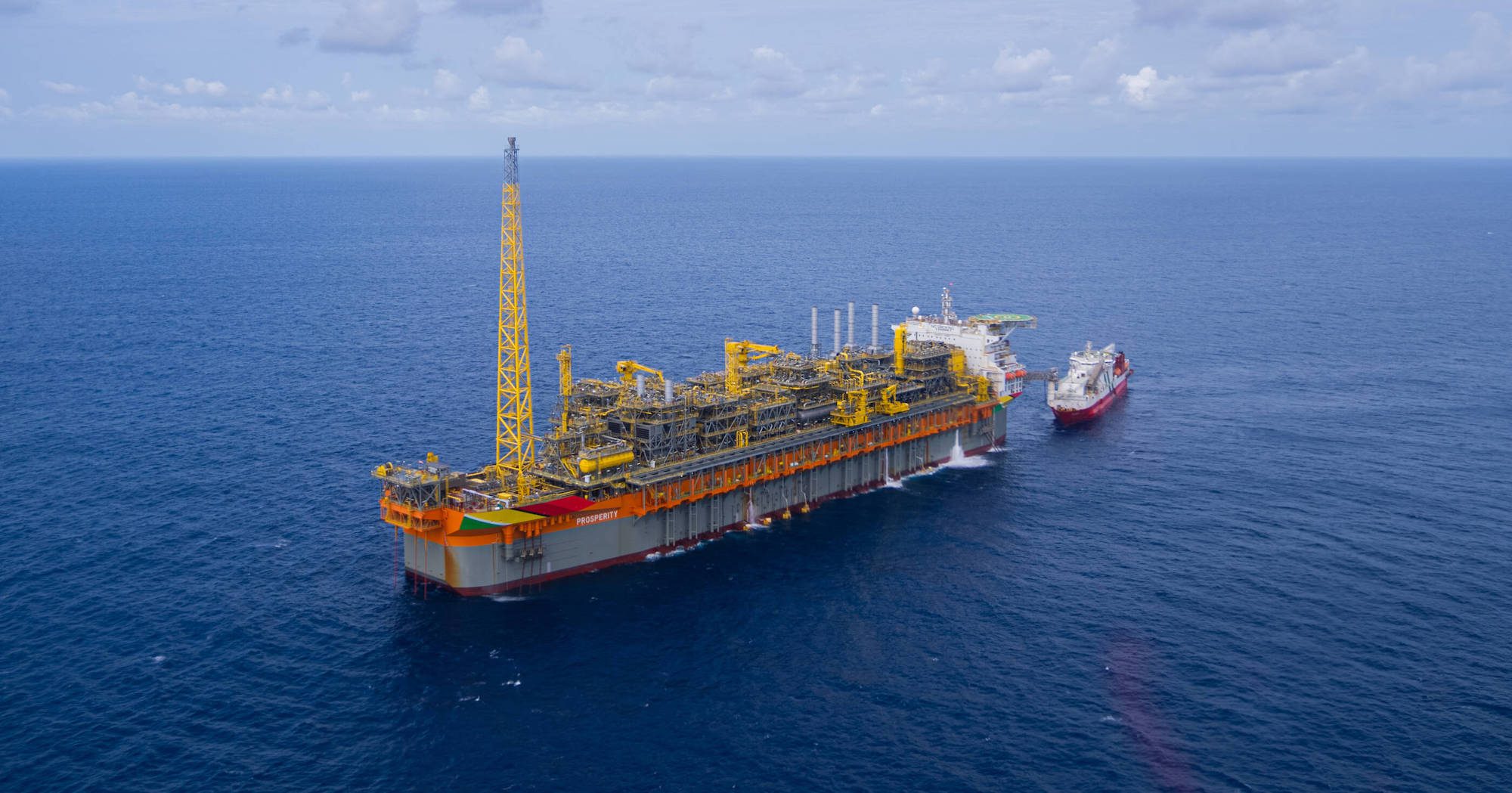Updated: September 6, 2011 (Originally published November 16, 2007)
By Bob Couttie
Once the US National Transportation Safety Board has produced the transcripts of the voyage data recorder from the Cosco Busan (Formerly the Hanjin Cairo, the Hanjin name remains on the ship side) we’ll have a better idea of who said what to whom and when. Currently only the pilot’s version of events is available and it is raising a number of questions.
A malfunctioning radar appears to have been an element, though not the cause, of the incident and so far there has been no indication regarding the second radar on the ship’s bridge. Given that there was poor visibility, was the speed of the vessel excessive? Should departure have been delayed until the fog cleared.
The pilot was not familiar with the ECDIS equipment onboard, which does not appear to have malfunctioned. When the pilot asked the Captain to point out the centre of the bridge span the captain allegedly pointed to the bridge support and the pilot navigated accordingly.
With an apparently malfunctioning radar and a lack of familiarity with the primary method of navigation, did the pilot seek to confirm the vessels position with the VTS and/or the accompanying tug?
VTS informed the pilot that the ship was off course, which the Pilot disputed and shortly afterwards a lookout shouted a warning that there was a bridge support ahead and the vessel went hard right and allided with the Delta bridge support.
There also appears to have been a lack of detail in the master/pilot exchange when the latter took conduct of the vessel, as the pilot’s lawyer admits. Would the missing information have been enought to prevent the incident?
There may also have been communications problems between the American pilot and the bridge team who were Chinese. Of there were, to what extent did they reduce the pilot and the bridge team’s situational awareness?
It is not uncommon for pilots to ‘go it alone’ rather than work with a bridge team with whom communication is problematic. This increases the workload on the pilot and reduces his situational awareness. Had the pilot and the bridge team undergone bridge team/bridge resource management training?
Incidents such as this rarely have a single cause, or a single responsible individual. They are usually the result of systemic problems with Bridge Team Management, leadership, culture and navigational practices.
It will be a while before we know the full story of the Cosco Busan, but we’ll hit that bridge when we get to it.
______
 Bob Couttie has written for a number of maritime industry publications, including the prestigious Lloyd’s List International daily newspaper and Lloyd’s Ship Manager magazine. His reportage on problems with ship’s officer certification examinations in the Philippines in the late 1990s influenced the adoption of computerized examinations for ship officers by the country’s Professional Regulatory Commission.
Bob Couttie has written for a number of maritime industry publications, including the prestigious Lloyd’s List International daily newspaper and Lloyd’s Ship Manager magazine. His reportage on problems with ship’s officer certification examinations in the Philippines in the late 1990s influenced the adoption of computerized examinations for ship officers by the country’s Professional Regulatory Commission.
Bob currently writes and produces podcasts for The Maritime Accident Casebook
_____
Would you like your article published by gCaptain? Submit it now.
Editorial Standards · Corrections · About gCaptain

 Join The Club
Join The Club



 Bob Couttie has written for a number of maritime industry publications, including the prestigious Lloyd’s List International daily newspaper and Lloyd’s Ship Manager magazine. His reportage on problems with ship’s officer certification examinations in the Philippines in the late 1990s influenced the adoption of computerized examinations for ship officers by the country’s Professional Regulatory Commission.
Bob Couttie has written for a number of maritime industry publications, including the prestigious Lloyd’s List International daily newspaper and Lloyd’s Ship Manager magazine. His reportage on problems with ship’s officer certification examinations in the Philippines in the late 1990s influenced the adoption of computerized examinations for ship officers by the country’s Professional Regulatory Commission.






